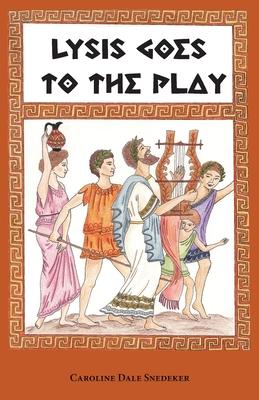For weeks, Lysis had been counting on going to the play-the new play by Euripides that everyone in Athens is talking about. It was to be performed for the first time at the theater of Dionysius on the Acropolis, and Father had promised to take him to see it.
And then, the day before they were to go, one of Father's ships is wrecked at Samos. And since shipwrecked goods were claimed be whoever found them first, Father has to leave immediately to try to save some of his cargo. "Of course I can't take you to the play now," he says to Lysis. But because his sister, Callisto, sympathizes with Lysis and cares so much when she hears of his disappointment, she sacrifices her most precious possession to the goddess Athena, and Lysis sees the play after all. But Lysis finds a way for Callisto to go, too, breaking the norms of Greek society.
This gentle and timeless story, motivated by sibling loyalty, explores the roles of boys and girls, children and adults in pagan Athens. Athenian slaves and citizens come into focus. The pantheon of Greek gods, goddesses and heroes are seen through the eyes of these children.
